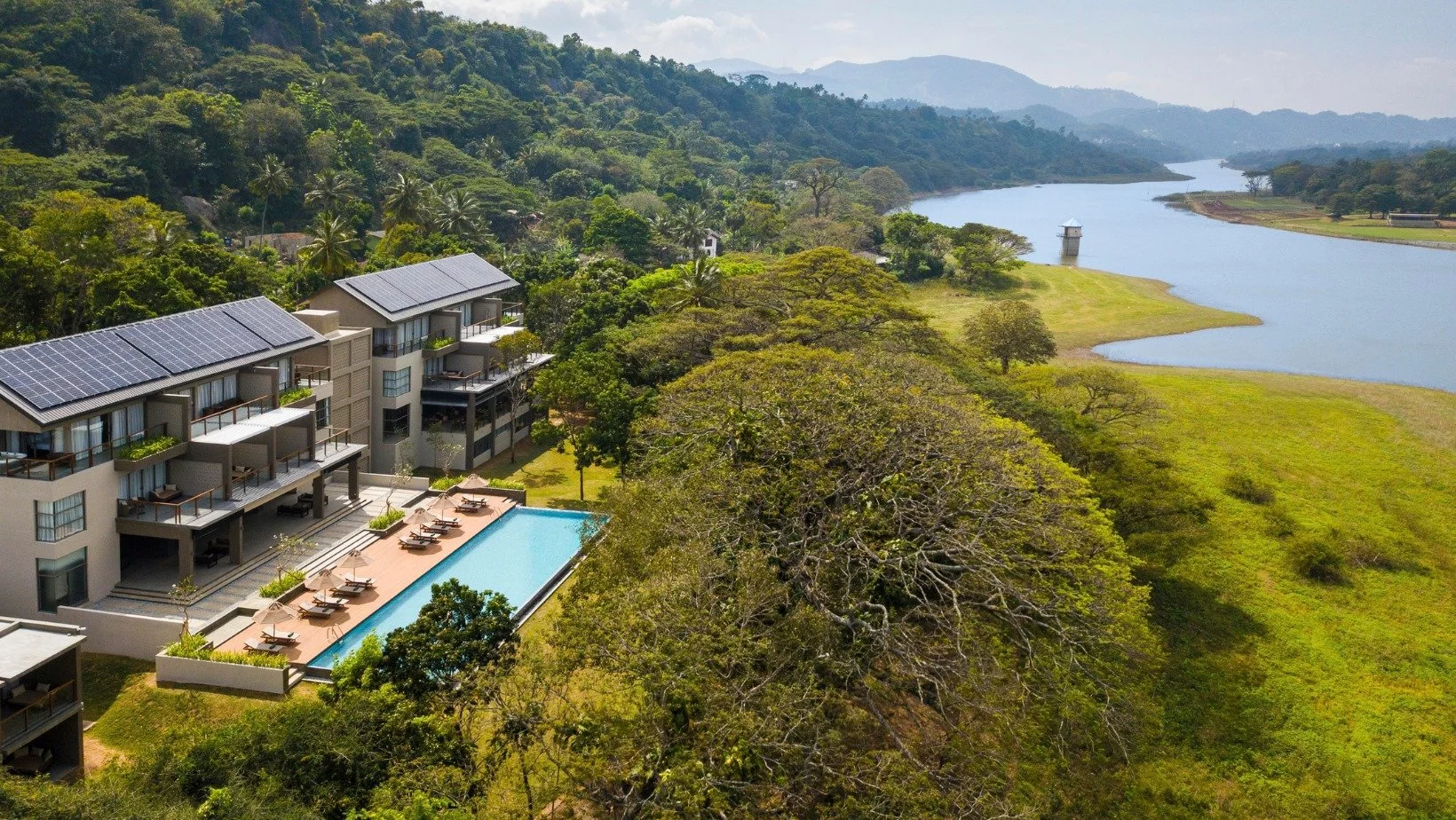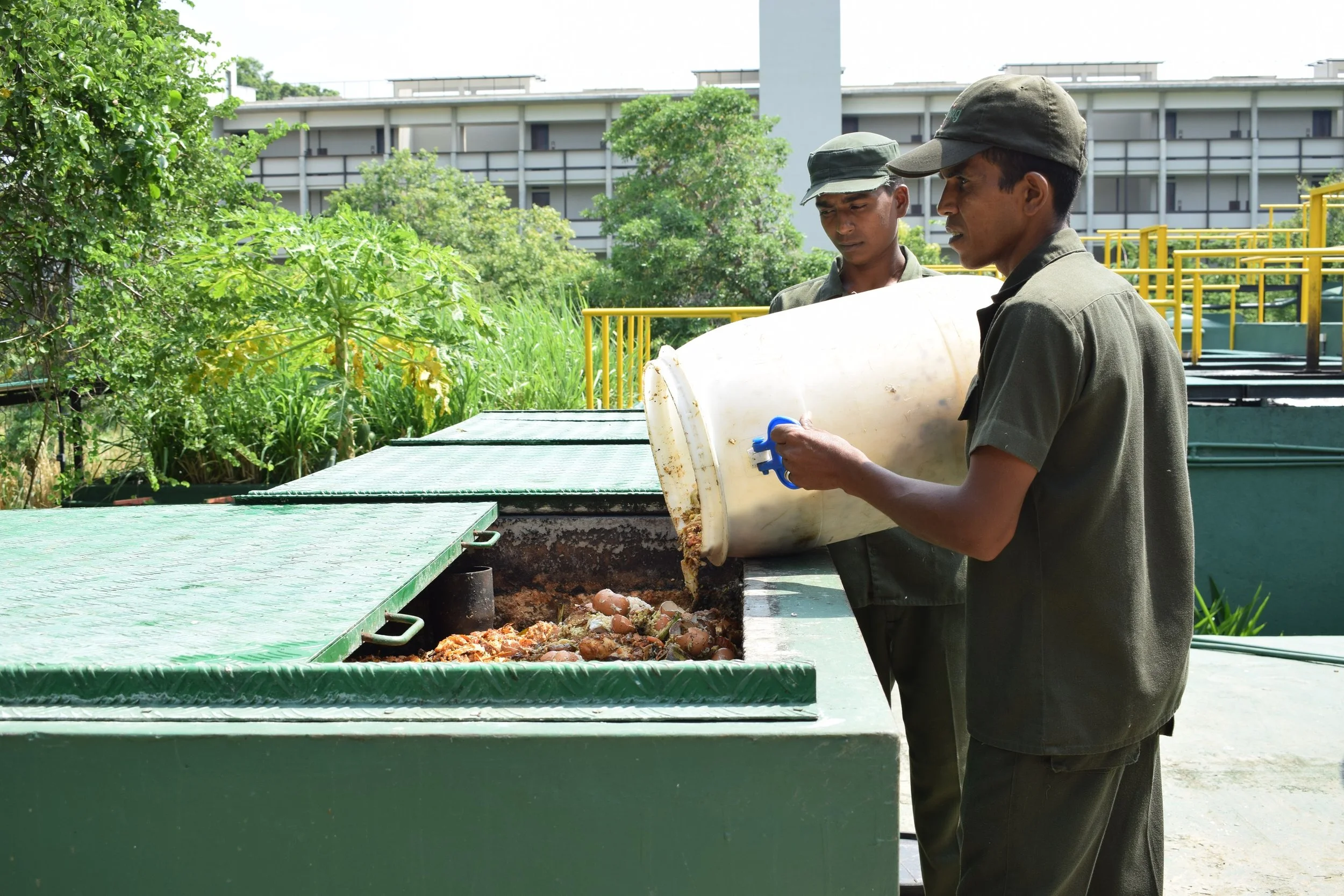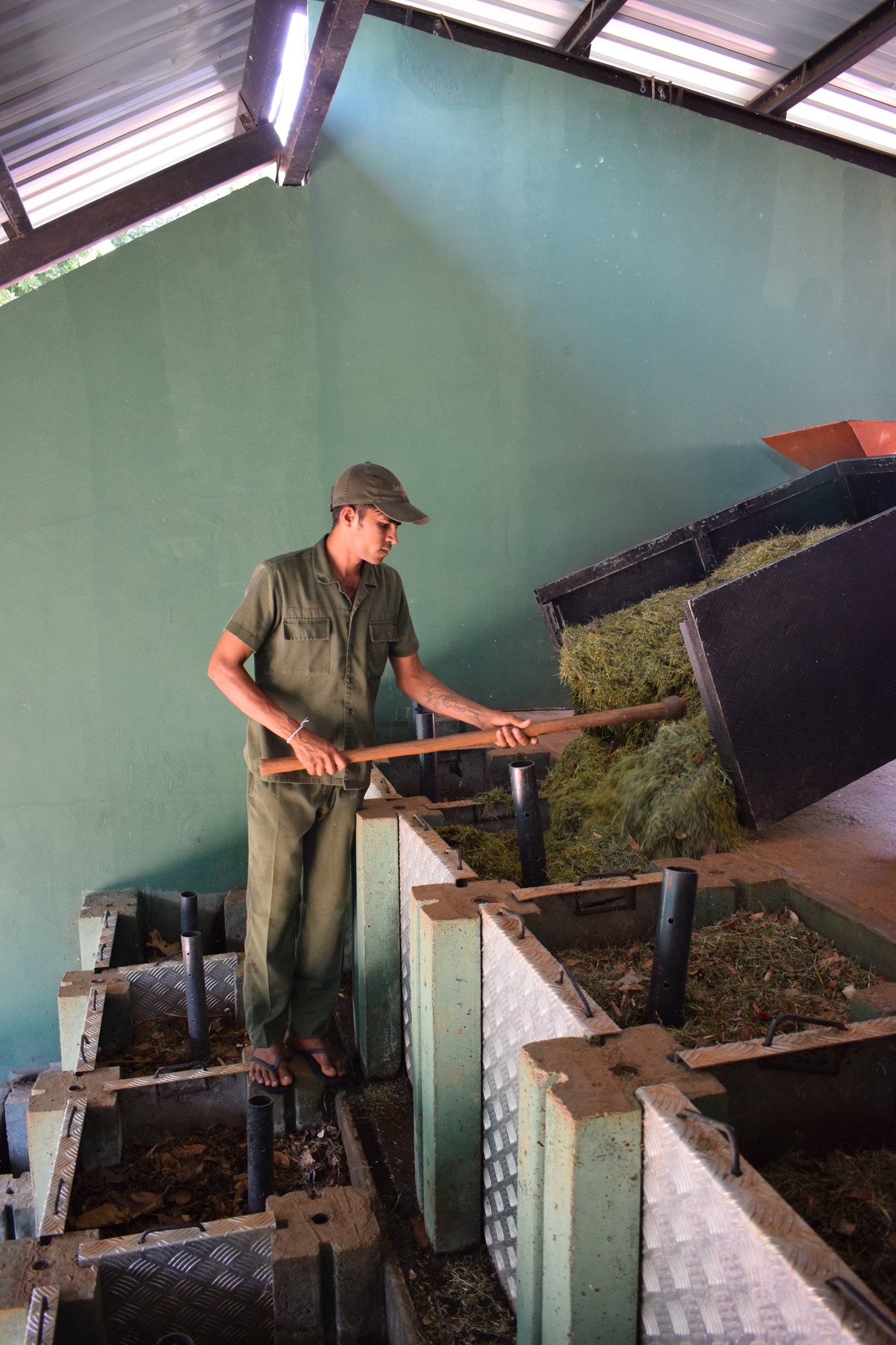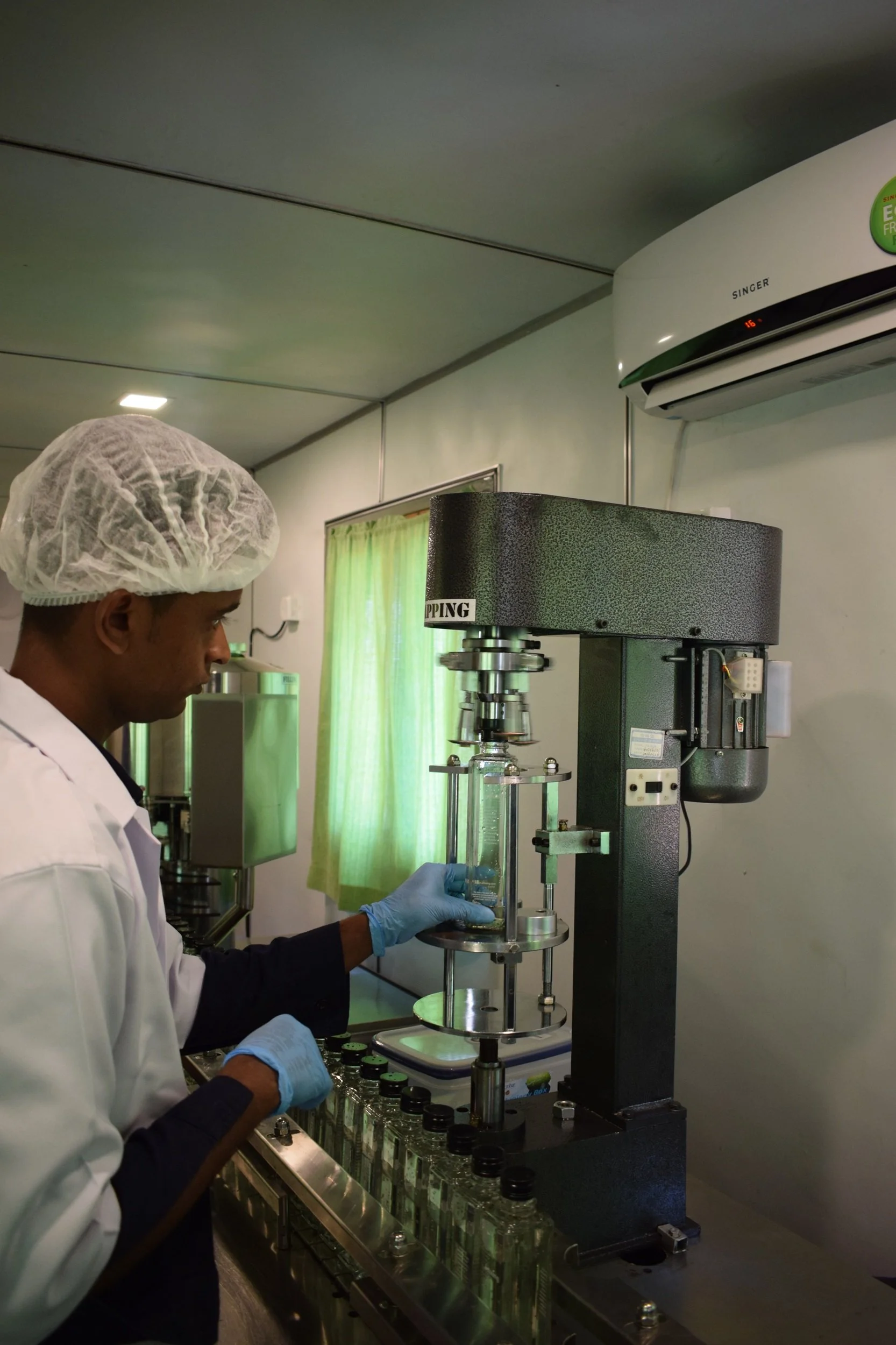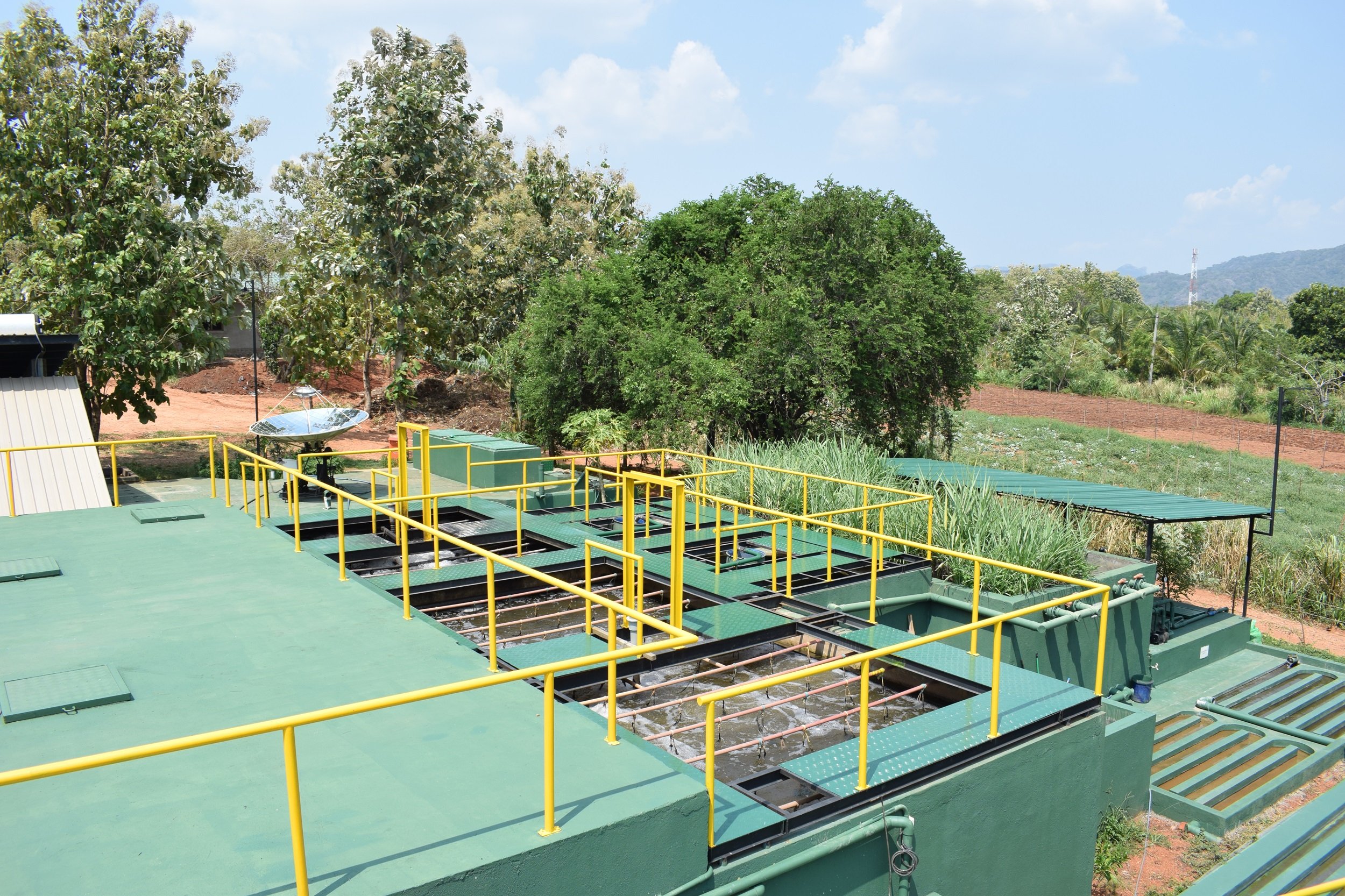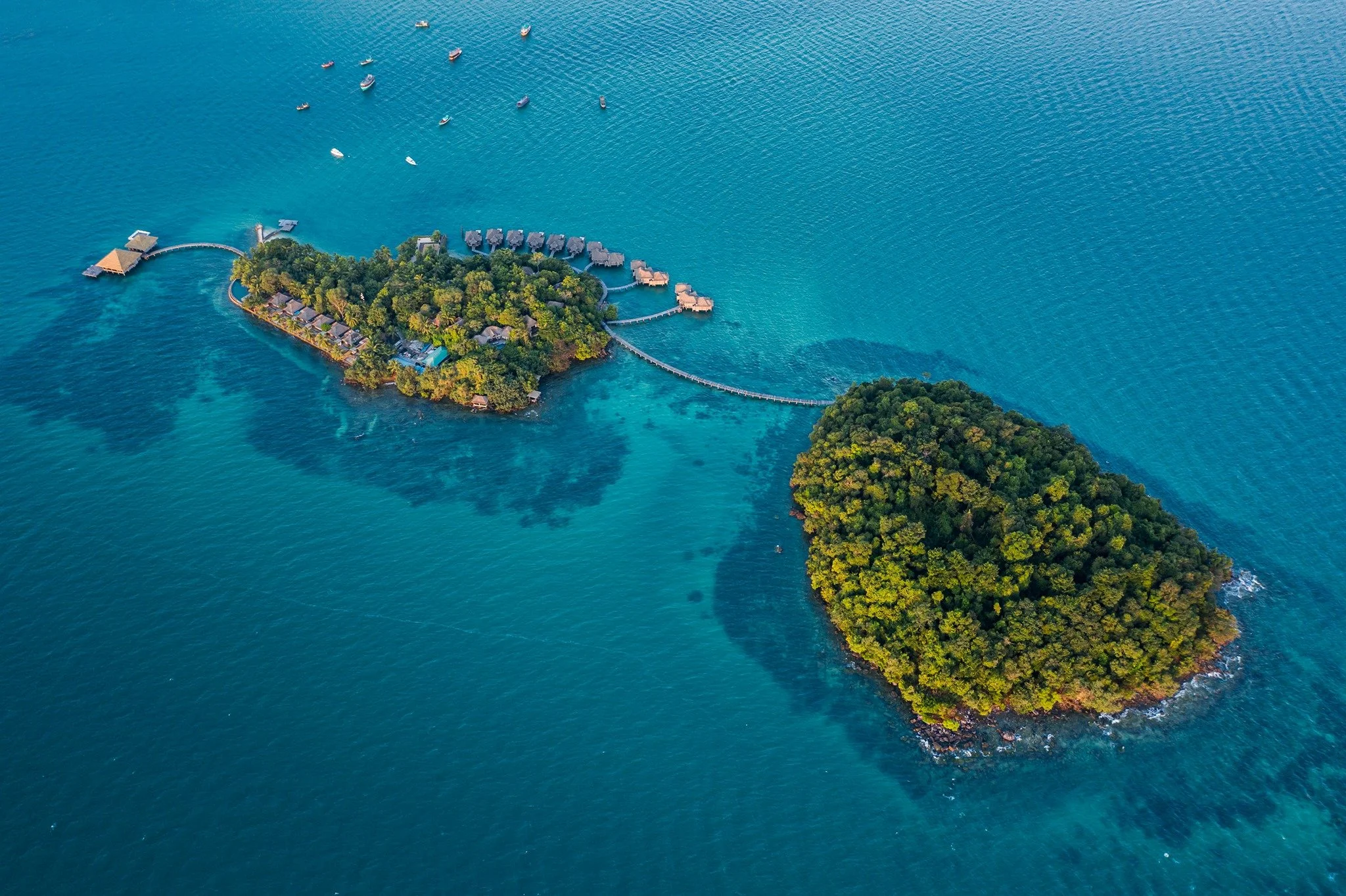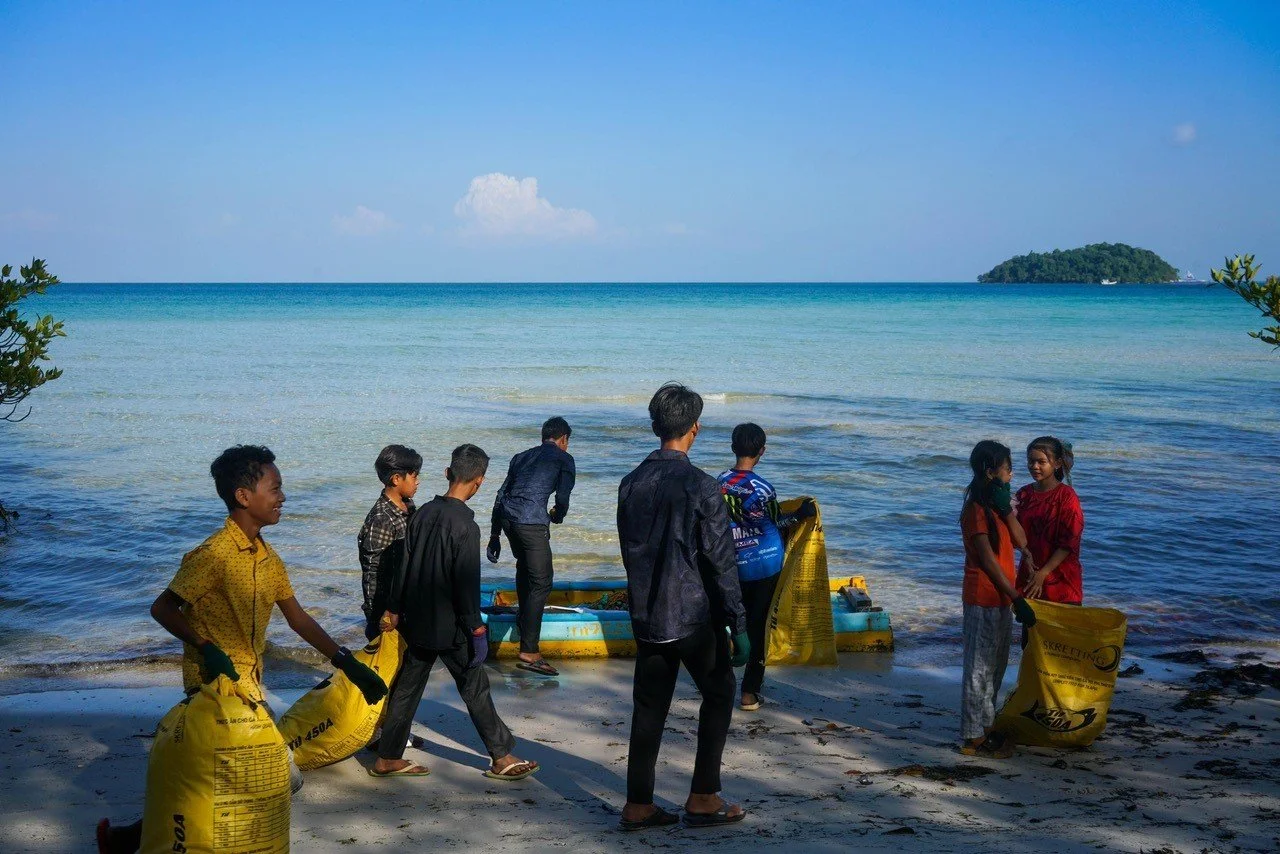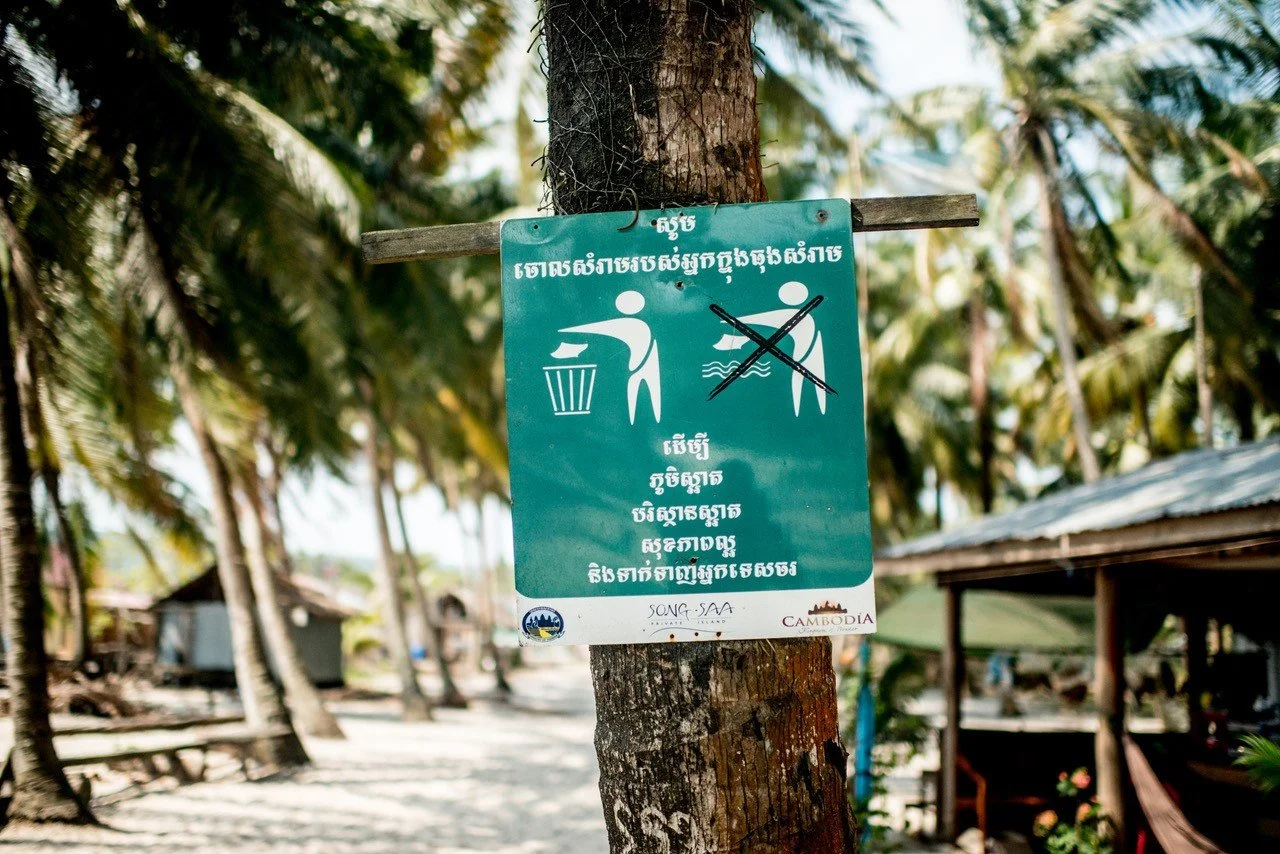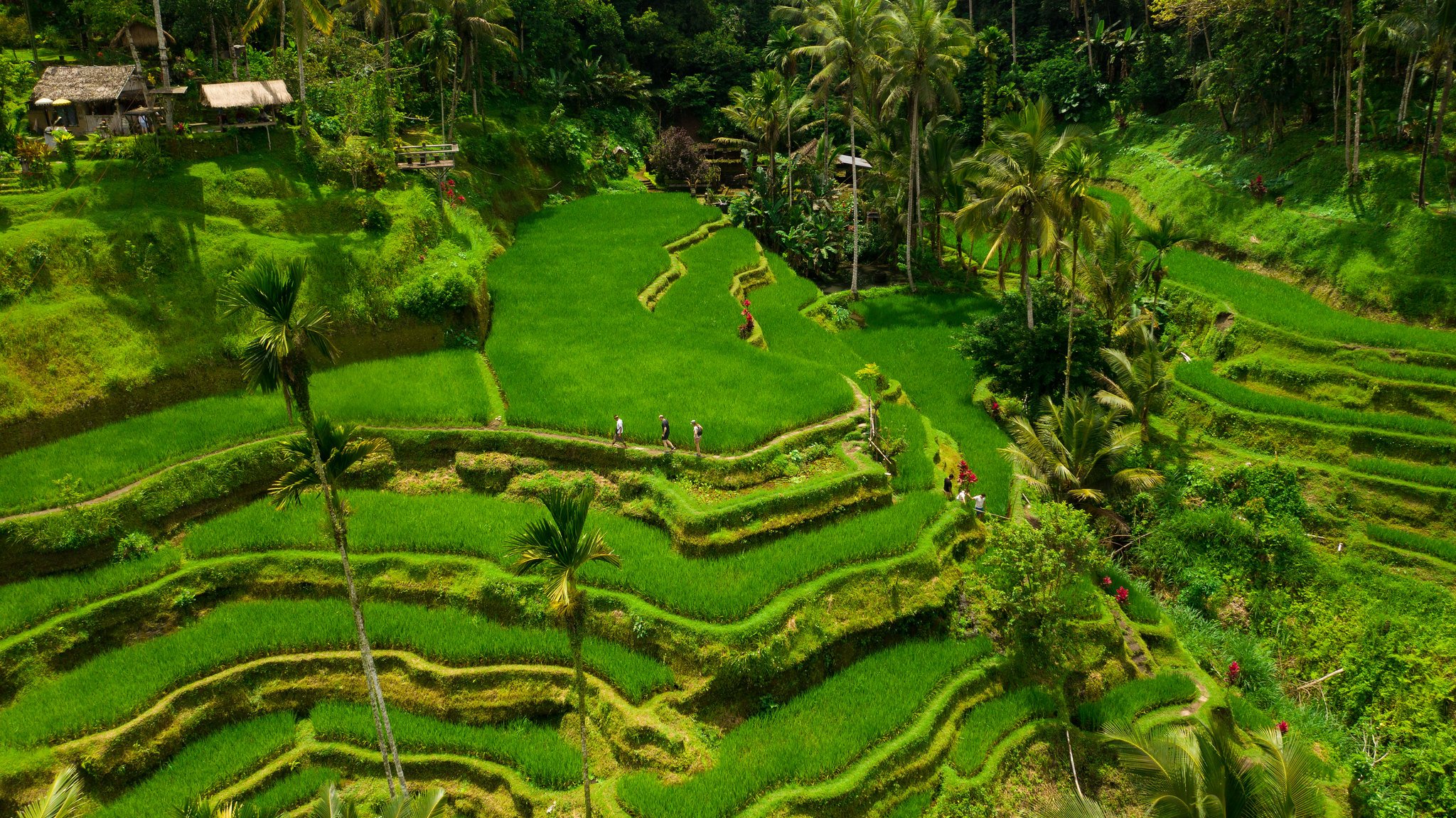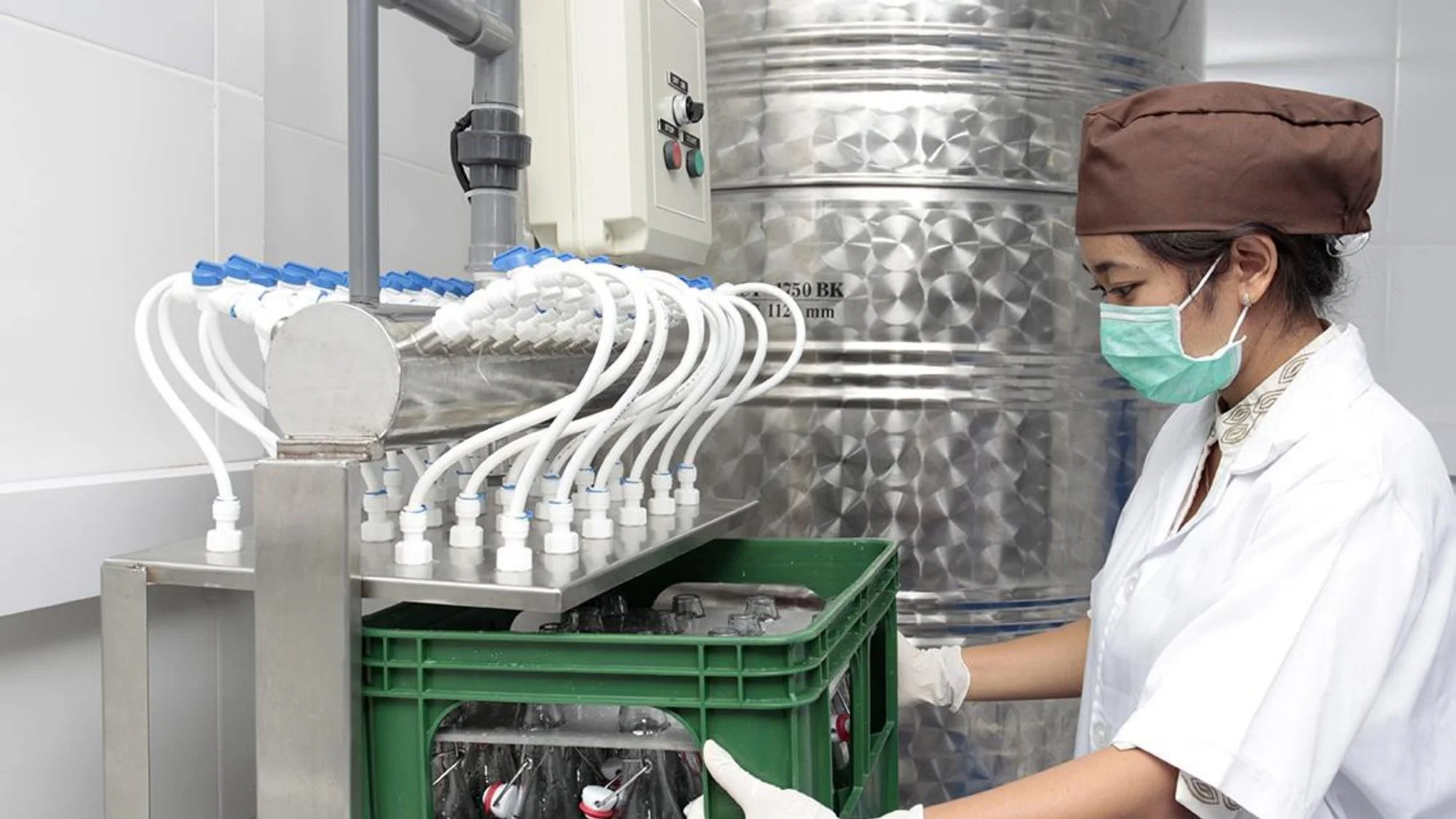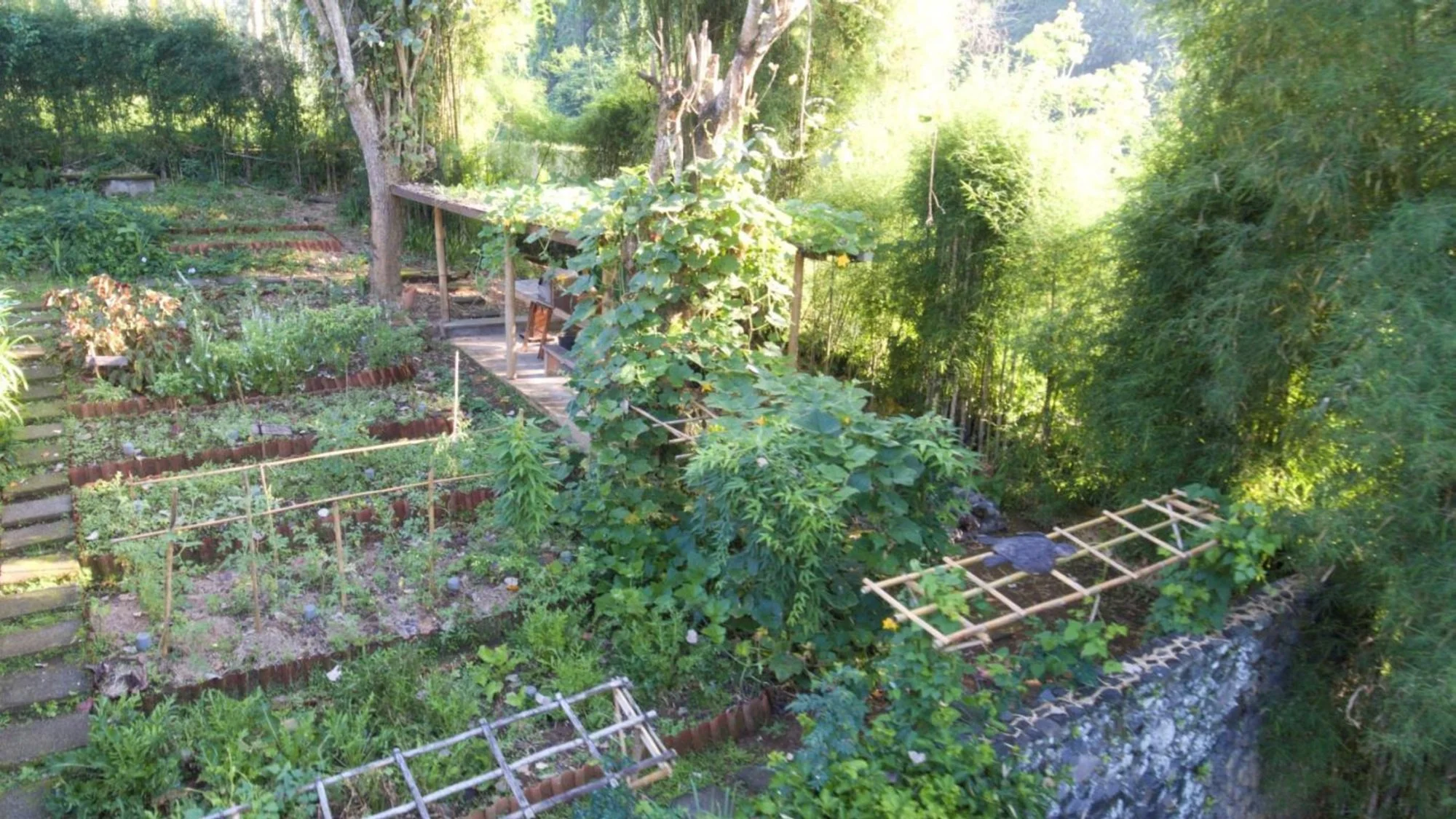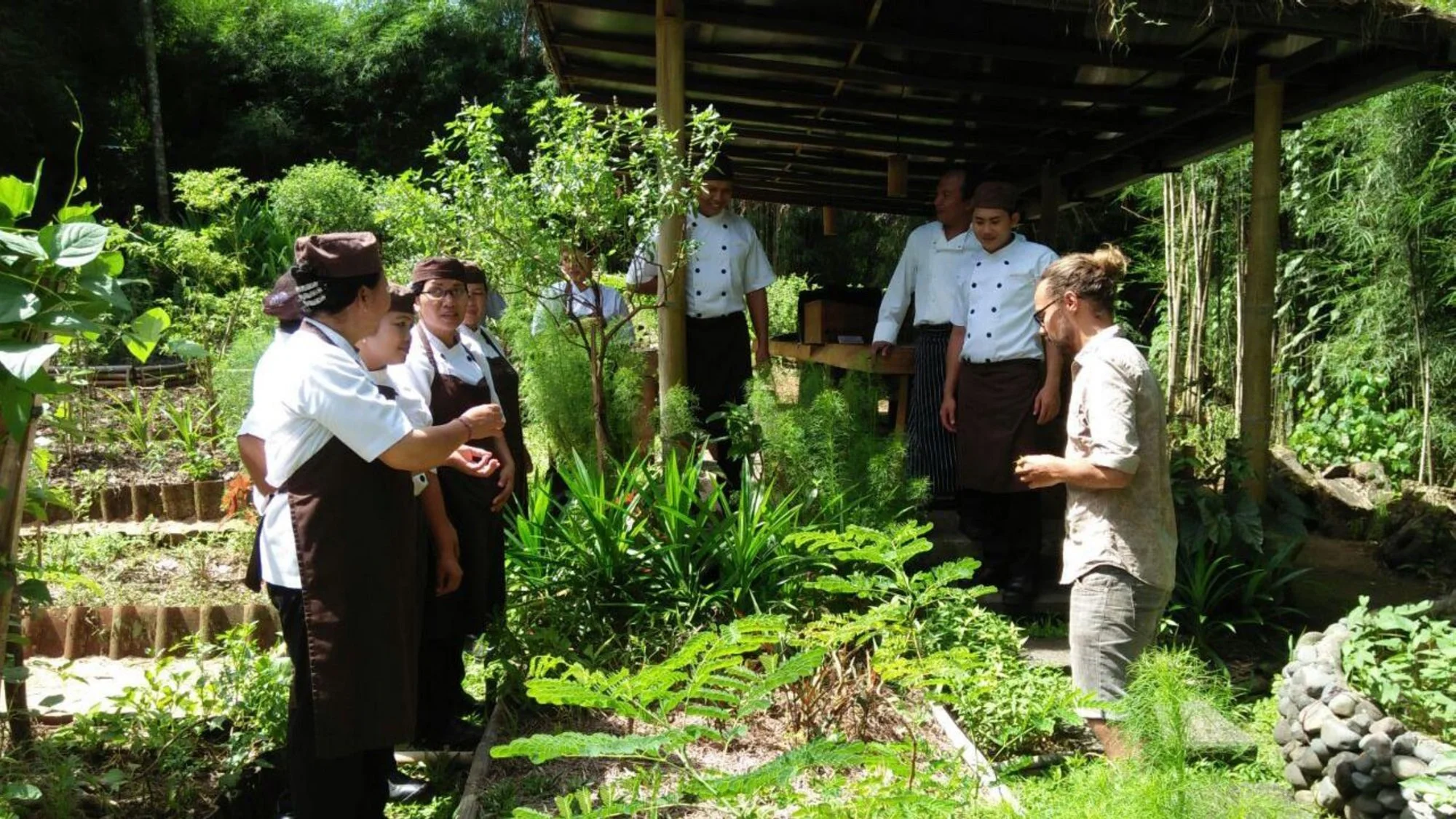Turning Trash to Treasure: 5 Strategies to Revolutionize Waste Management in Hospitality
Wooden floor from recycled fishing boat timber. Photo by Song Saa Private Island
Effective and sustainable waste management in the travel and hospitality industry is a vital issue that requires attention.
Hotels and resorts, in their pursuit of providing exceptional guest experiences, generate significant waste, contributing to an escalating global problem.
But what if we could change this narrative? What if hotels become part of the solution instead of contributing to the problem?
By implementing innovative waste management strategies, hotels can minimize their carbon footprint and unlock new avenues for cost savings and even revenue generation through the sale of recycled products.
This approach can also help hotels increase their appeal to the growing number of eco-conscious travelers seeking more sustainable travel options. Ultimately, it leads to building a positive brand reputation, spreading word–of–mouth, and increasing customer satisfaction.
The Problem of Waste in the Hospitality and Travel Industry
The industry is grappling with a massive waste problem.
According to the United Nations Environment Programme (UNEP), the tourism sector generates an estimated 1.3 billion metric tons of waste annually, accounting for roughly 4-8% of the world's total waste production. This waste accumulation poses a severe challenge as it often ends up in landfills, polluting the environment.
If we continue with the traditional linear 'take-make-dispose' approach, the situation will only worsen. In fact, UNEP has predicted a staggering 251 percent surge in solid waste production attributed to tourism if we don't adopt sustainable practices for addressing the waste problem.
The numbers become even more alarming when we consider that nearly half of the total waste produced by tourism and hospitality businesses is food.
Packaging waste, particularly single-use plastic amenities, is another significant contributor to the problem.
Additionally, there is chemical waste from laundry and cleaning products, textile waste from old or worn-out linens and towels, electronic waste generated from the frequent replacement of electrical equipment, and waste from renovation or refurbishment projects.
Waste mismanagement has a profound environmental impact. It contributes to landfill overflow, water and soil pollution, and greenhouse gas emissions. Improper waste disposal, particularly plastic, also poses a grave threat to marine ecosystems, endangering countless species.
This reality paints a grim picture and serves as a wake-up call for the hospitality industry. The need of the hour is to shift from the traditional linear economy approach, where products are manufactured, consumed, and then discarded as waste, to a more circular economy, where waste is not just managed but minimized and transformed into valuable resources.
Case Studies: Hotels Turning Trash Into Treasure
The good news is that several hotels and resorts have already taken the initiative to address sustainable waste management. They lead by example, showcasing how turning trash into treasure can benefit both the environment and their business.
Jetwing Hotels, Sri Lanka
Photo by Jetwing Hotels
Jetwing Hotels' comprehensive waste management strategy encompasses all forms of waste generated within their properties, including food waste, garden waste, dry waste, used cooking oil, and wastewater.
Food Waste Reduction and Management
Jetwing's approach to food waste is twofold: reduction and effective treatment or disposal. The journey begins with procurement, where purchases are made based on careful occupancy forecasts. Proper storage conditions and the implementation of First-in, First-out (FIFO) storage procedures minimize potential wastage. Jetwing also controls buffet portions and has introduced action stations to reduce cooked food waste.
Jetwing places a particular emphasis on reducing food waste from staff meals. Regular programs are conducted to raise the team’s awareness of the importance of waste reduction and effective segregation. The quantity of food waste disposed of is measured in real-time using collection bins placed on scales, making each associate aware of their individual waste. Total waste quantities during each meal are displayed in the staff cafeteria, reminding everyone to be mindful of consumption and waste.
For disposal, Jetwing uses biogas digesters at properties with sufficient space. These digesters transform food waste into biogas through controlled microbial activity, providing an alternative to LPG for cooking in staff cafeterias or hotel kitchens. Where onsite treatment is not feasible, food waste is sent to local piggeries as animal fodder.
Biogas digester. Photo by Jetwing Hotels.
Garden Waste Management
Garden sweepings and tree clippings are composted using various techniques, including modified-windrow composting units and above-ground compost piles. The resulting compost is used in the hotel gardens as a nutrient-rich soil enhancer.
Dry Waste Management
Jetwing has implemented comprehensive measures to reduce plastic waste.
"Single-use plastics have gradually been phased out and replaced with either biodegradable or reusable alternatives. For example, plastic water bottles within the hotel have been replaced with reusable glass bottles; washroom amenities are packaged in reusable glass bottles; plastic straws and stirrers have been substituted with paper and wooden alternatives, respectively; and take-away food is now packed in biodegradable cardboard boxes," shares Sashika Kaluwahewa, Jetwing Hotel's Sustainability Manager.
They even have their own water bottling plants, which filled over 655,500 glass water bottles last year, thus eliminating over 6,500kg of plastic waste.
Working with Suppliers to Reduce Plastic Packaging Waste
Jetwing also collaborates with local community suppliers to reduce plastic waste in their supply chain. They are actively raising awareness and building capacity among these suppliers to reduce plastic packaging waste. Jetwing's Thrive program is helping small-scale local suppliers find alternative packaging materials. For instance, spices are procured in reusable glass bottles from local suppliers, and fresh produce is supplied in reusable crates.
Solid Waste Segregation and Recycling
All solid waste is segregated at source, and any items that can be upcycled or repurposed are reused. Recyclable waste is entrusted to authorized third-party collectors, with the income from the sale of recyclable waste going to the staff welfare fund. Currently, 80% of solid waste generated across all Jetwing hotels is diverted from landfills.
Left: Garden waste composter; Right: Water bottling plant. Photos by Jetwing Hotels.
Waste Oil Management
Used cooking oil is carefully stored and handed over to an environmental-authority-licensed service provider who exports it to biodiesel refineries, where it is transformed into sustainable aviation fuel.
Wastewater Management
Jetwing has also implemented an effective wastewater management strategy. The effluent generated from hotel operations is treated and reused onsite. This treatment involves aerobic and anaerobic biological processes, along with gravity filtration, and does not use chemicals.
"In our newly designed properties, the efficiency of wastewater treatment systems is considered during the design phase itself. Separate plumbing and treatment pathways are set up for collecting and treating black, grey, and laundry water separately," says Sashika.
Treated black water is reused for garden irrigation, treated grey water is reused for flushing or cooling towers, and treated laundry water is recycled back to the laundry for use in primary wash cycles.
Last year, nearly 200,000 cubic meters of wastewater were treated and reused at Jetwing hotels.
Effluent treament plant. Photo by Jetwing Hotels.
Challenges
Despite their impressive strides, Jetwing's waste management journey has not been without challenges.
As effective treatment of waste relies on the quality of collected waste types, proper segregation of waste items is critical. Continual efforts are needed to build awareness and discipline among team members to ensure proper waste sorting.
Since most of the waste treatment systems introduced at hotels involve biological processes, maintaining the correct operational parameters is crucial. Critical hazard points must be closely monitored and controlled to prevent negative impacts—such as discharges, odor, and pests—on the local environment and community," explains Sashika.
Song Saa Private Island, Cambodia
Photo by Song Saa Private Island
Song Saa Private Island has a unique approach to sustainability that is deeply personal and rooted in its foundation.
"When I first arrived at the islands in 2005, they were covered in ocean waste. It was the act of sharing time and stories with locals as we collaborated on a waste pickup effort, which was the beginning of Song Saa," says Melita Koulmandas, Song Saa's CEO and Founder.
Solid Waste Management
The Song Saa Foundation has developed a pioneering solid waste management system with the local community. The system involves educational workshops, the establishment of a waste management station, and the formation of a waste collection team in the village of Prek Svay.
Circular Techniques
Song Saa utilizes local materials to minimize waste generation from the outset. Their comprehensive reuse and recycling program ensures that they manage waste efficiently on-site.
For instance, the resort salvages old fishing boats that were left to rot in nearby estuaries. The paint and nails from these boats were polluting the rivers, so they paid the local communities for them, dismantled them, and repurposed them throughout the resort.
Photos by Song Saa Private Island
Recycled Fashion Show
To create awareness about ocean waste and demonstrate that the process can be fun, the resort hosts an annual recycled fashion show showcasing high-fashion creations from ocean waste collected from the shores.
"It’s no understatement to say that these are high fashion creations. We even had a guest purchase one of the dresses from the show for a gala event," says Melita.
Photos by Song Saa Private Island
Implementing Initiatives
Song Saa's approach aims to transform cultural mindset in and outside the organization. This strategy can be categorized into three areas:
Building infrastructure and capacity: The resort worked with local communities to develop sustainable waste management infrastructure and provided educational support to enhance their capacity for efficient waste handling.
Engagement and awareness: Song Saa engages its guests and staff in sustainable practices through initiatives such as the recycled fashion show. Such programs provide a meaningful experience highlighting the importance of recycling and environmental conservation.
Adopting and promoting circular methods: The resort's commitment to using local materials and minimizing waste generation is reinforced through its operational practices, from the design of its facilities to its food sourcing and production methods.
Results Achieved
Their solid waste management program has led to cleaner living environments and reduced marine biodiversity contamination. Composting practices have improved soil fertility, increasing agricultural productivity and sustainability in the local community.
The recycled fashion show and other initiatives have fostered a culture of creativity and sustainability, demonstrating the value of repurposing waste and engaging in circular practices.
With a target to become a zero-waste resort this year, Song Saa is continuously adapting its practices to meet the specific needs of its location.
Challenges
Song Saa faced a significant challenge in setting up waste management infrastructure due to the lack of existing facilities and cultural barriers in the surrounding areas.
To overcome this challenge, the resort engaged with the community, provided extensive education, and demonstrated the benefits of their waste management practices.
The initiative was designed to be community-led with support from the resort, and its success hinged on avoiding a prescriptive approach towards the locals.
By aligning with the community's desire for a clean and beautiful island, Song Saa was able to create an effective waste management system that is now entirely community-led.
Left photo: Community members cleaning up the shore. Right: A sign donated by Song Saa reminding locals to dispose of trash properly. Photos by Song Saa.
Alila Resorts, Bali, Indonesia
Photo by Alila Ubud
The approach of Alila Resorts in Bali to achieving zero contribution to the waste situation on the island is multifaceted, involving comprehensive waste management and reduction strategies that align with Alila's overall sustainability goals.
Waste reduction at source. The resorts prioritize reducing waste generation through various means, including minimizing single-use plastics, implementing refillable solutions for amenities, and encouraging suppliers to use sustainable packaging.
Comprehensive recycling programs. Alila has developed extensive recycling procedures for both in-house and guest-generated waste. This involves segregating recyclables from non-recyclables and working with certified recycling partners to ensure that materials such as paper, glass, metals, and certain plastics are properly processed and repurposed.
One of their partners is ecoBali, a waste management company that provides holistic and responsible waste management services.
Alila has also repurposed waste to create products for its operations. For example, recycled slippers have been transformed into bean bags for team members by shredding the old slippers to fill bean bags. Similarly, glass bottles have been repurposed into drinking glasses.Organic waste management. Organic waste from their kitchens and landscaping activities is composted on-site or through local partners, turning food scraps and garden waste into valuable compost for use in their gardens and local agriculture, thus closing the nutrient loop.
Sustainable procurement. The resorts' procurement policies favor environmentally friendly and locally sourced products, reducing transportation-related emissions and supporting the local economy.
Education and engagement. Alila engages its guests and staff in its sustainability efforts through educational programs and sustainability-themed events and encourages participation in local conservation projects.
Continuous improvement. "We are committed to continuous improvement in our sustainability practices, regularly reviewing our processes, engaging in innovation, and adopting best practices to enhance our environmental performance," says Suseni, Sustainability Manager at Alila Ubud.
"These efforts, among others, have enabled us to significantly reduce our environmental impact and contribute positively to Bali's waste management system. Our Zero Waste to Landfill policy is not just a statement of intent; it is a reflection of the tangible actions we have taken to protect and preserve the environment for future generations," concludes Budiartini, Sustainability Specialist at Alila Ubud.
Alila Water Bottling Plant. Photo by Alila Ubud.
Organic garden. Photos by Alila Ubud.
The Solution: 5 Waste Management Strategies for Hotels
To tackle this growing issue, hotels must implement effective waste management strategies focusing on reducing, reusing, and recycling.
1. Understand your context.
The first step to successful waste management is to “understand the specific challenges and opportunities within your context and leverage them to create innovative and sustainable solutions,” says Melita.
Conduct a thorough waste audit to determine what types of waste are being generated and in what quantities. This will help determine the infrastructure and resources needed to manage waste effectively.
"Measurement and record-keeping are crucial. You cannot control or manage waste if you do not know how much you are generating or where it is being generated," says Sashika.
2. Engage with your community.
As Melita suggests, "For other properties looking to implement sustainable waste management techniques, our advice is to deeply engage with your community and environment.”
Hotels can collaborate with local communities or organizations to find ways to reuse or upcycle their waste. This could include donating excess food to charities or partnering with companies that turn waste into useful products.
3. Start small and educate.
"Start small, focus on education, and build initiatives that can grow organically, fostering a culture of sustainability and respect for the environment," advises Melita.
Education and awareness are also crucial aspects of sustainable waste management in hotels. By educating employees and guests on the importance of waste reduction, segregation, and proper disposal, hotels can create a culture of sustainability that extends beyond their operations.
"When introducing any waste management initiative, ensure that the operators—or those handling processes—have a good understanding of the process requirements and are equipped with the right information and skills," asserts Sashika.
4. Implement innovative techniques.
In terms of practical techniques to reduce waste generation, hotels can consider purchasing in bulk, using eco-friendly packaging materials, implementing a composting program for food waste, and even using food waste monitoring software solutions, such as FIT Food Waste Monitoring Tech and Lumitics, that are specifically built for the hospitality industry.
5. Have fun with it.
Melita encourages hotels to have fun with their waste management strategies. "No matter how much we reduce waste production, waste is a part of life. It doesn’t always need to be an arduous task—there are so many creative, interesting, and satisfying ways to transform waste into a resource."
By implementing these sustainable waste management practices, hotels can significantly reduce their environmental impact and operating costs, attract environmentally conscious customers, and contribute to a more sustainable future.
Photo by Song Saa Private Island



